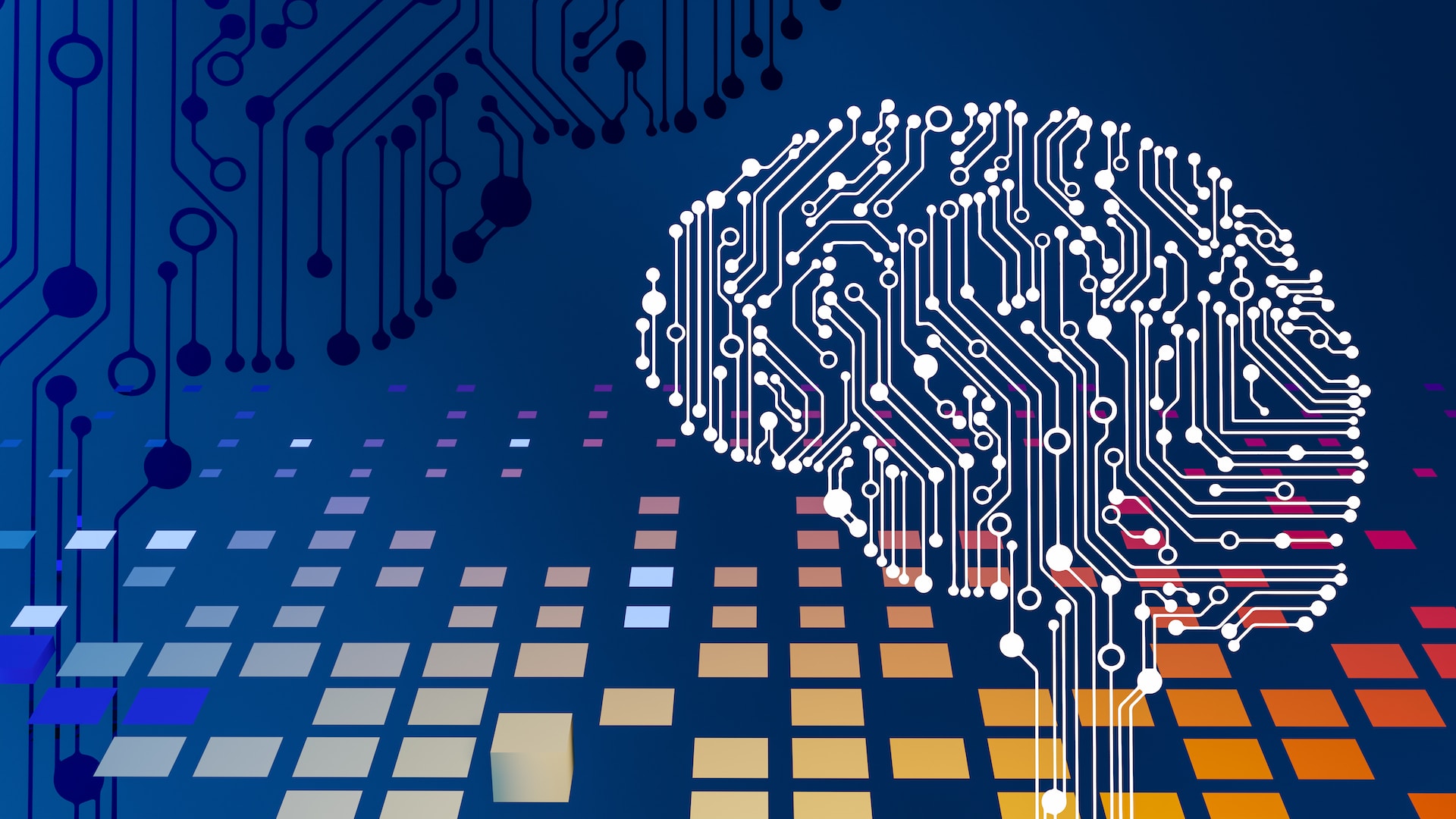The United Kingdom recently hosted an AI summit that brought together experts, innovators, and policymakers to discuss the latest developments in artificial intelligence (AI). While the event covered a wide range of topics and applications, one notable aspect was the significant focus on AI’s role in intelligence and security, where it was revealed that spies would be testing new AI technologies. In this article, we delve into the key takeaways from the summit, particularly the implications of AI in the intelligence and security sector.
The AI Summit in the UK: A Snapshot
The UK AI summit served as a platform for unveiling the latest advancements in AI technology and understanding how it can be harnessed to address various challenges and opportunities. The summit gathered thought leaders from academia, industry, and government agencies, fostering a rich exchange of ideas and fostering innovation. The headline-grabbing highlight was the UK Prime Minister Rishi Sunak’s interview with Elon Musk – broadcast live on X (formerly known as Twitter).
The prime minister held a highly unusual “in conversation” event with the billionaire X and Tesla owner at the end of this week’s summit on artificial intelligence.
Throughout the wide-ranging and chummy discussion, Mr Musk held court as the prime minister asked most of the questions.
The pair talked about how London was a leading hub for the AI industry and how the technology could transform learning.
But the chat took some darker turns too, with Mr Sunak recognising the “anxiety” people have about jobs being replaced, and the pair agreeing on the need for a “referee” to keep an eye on the super-computers of the future.
AI and Intelligence Agencies: A New Era of Testing
One of the most intriguing developments revealed during the summit was the commitment of intelligence agencies to testing new AI technologies. This indicates a significant shift in the way these organizations operate, incorporating cutting-edge AI solutions into their operations. Here’s a closer look at the potential implications:
Enhanced Data Analysis
AI can sift through vast amounts of data, including text, audio, and images, at speeds and scales unattainable by human analysts. This capability allows intelligence agencies to quickly process, analyze, and identify patterns in information, improving their ability to detect potential threats and make informed decisions.
Predictive Intelligence
Machine learning and AI models have the capacity to predict and prevent security breaches and acts of espionage by recognizing suspicious behaviours or anomalies in data. This predictive aspect could revolutionize the way intelligence agencies respond to threats, making their operations more proactive.
Counterterrorism and Cybersecurity
AI can help in counterterrorism efforts and cybersecurity by identifying potential terrorists or cybercriminals through their online activities. It can also bolster cybersecurity by identifying vulnerabilities and responding to threats more efficiently.
Automation of Routine Tasks
Intelligence agencies often deal with vast amounts of administrative and routine tasks. AI can automate these processes, allowing human intelligence officers to focus on more critical and analytical aspects of their work.
Ethical and Privacy Concerns
While the integration of AI into intelligence and security operations offers promising benefits, it also raises significant ethical and privacy concerns. The use of AI for surveillance, data collection, and decision-making has the potential to infringe on individual liberties and privacy rights. Striking the right balance between national security and individual rights remains a challenging task for policymakers and society at large.
Transparency and Accountability
Testing and deploying AI in the intelligence community also require a commitment to transparency and accountability. Government agencies must ensure that the use of AI aligns with ethical standards, laws, and international norms. Additionally, robust oversight mechanisms and checks and balances are necessary to prevent the misuse of AI technologies for unethical purposes.
The UK AI summit showcased the growing importance of artificial intelligence in various sectors, with particular attention to its role in intelligence and security. The decision by intelligence agencies to test new AI technologies marks a significant shift toward embracing the potential of AI in national defence and public safety. As this trend continues, it is essential that the responsible and ethical deployment of AI remains at the forefront of discussions. Striking the right balance between innovation, security, and individual rights will be crucial as AI continues to shape the landscape of intelligence and security operations in the years to come.
The Author:
Colin Stevens founded EU Reporter in 2008. He has more than 30 years of experience as a TV producer, journalist and news editor. He is a past president of the Press Club Brussels (2020-2022) and was awarded an Honorary Doctor of Letters at Zerah Business School (Malta and Luxembourg) for leadership in European journalism.




















